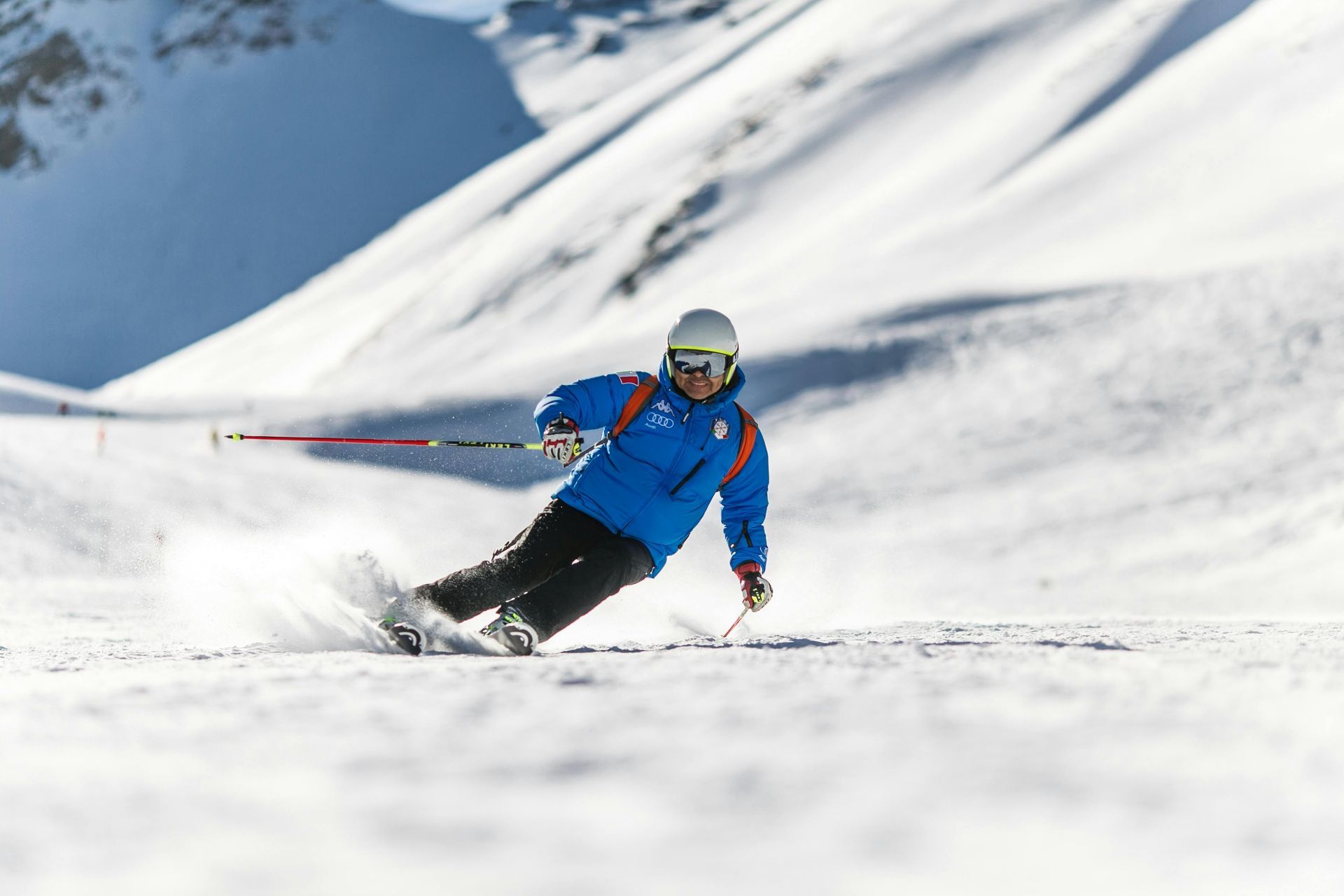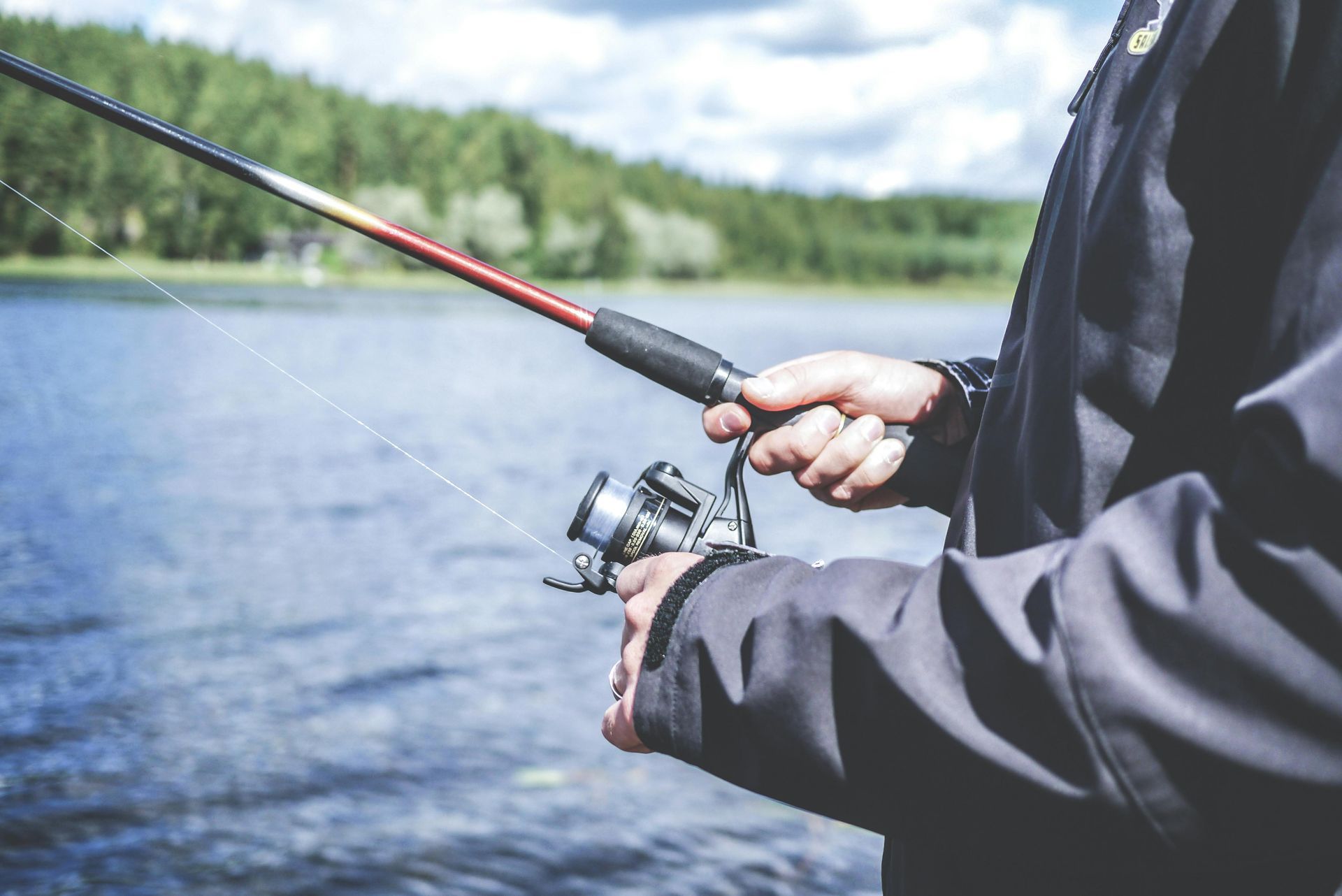Hiking Trip Packing List: Essentials for Day Hikes
Who is this article for?: This blog article is for anyone that needs a list os things to pack for their next hiking trip. Get ideas that help you pack light with all the essentials.
Jump to a section:
Hiking is one of the simplest ways to connect with nature — but even a short trail can turn challenging if you’re not prepared. Whether you’re exploring local foothills or tackling a national park trail, the right gear makes your trip safer and more enjoyable.
This hiking trip packing list covers the essentials for day hikes of all difficulty levels. With these items, you’ll be ready for changing weather, unexpected detours, and those perfect trail moments that make every hike worth it.
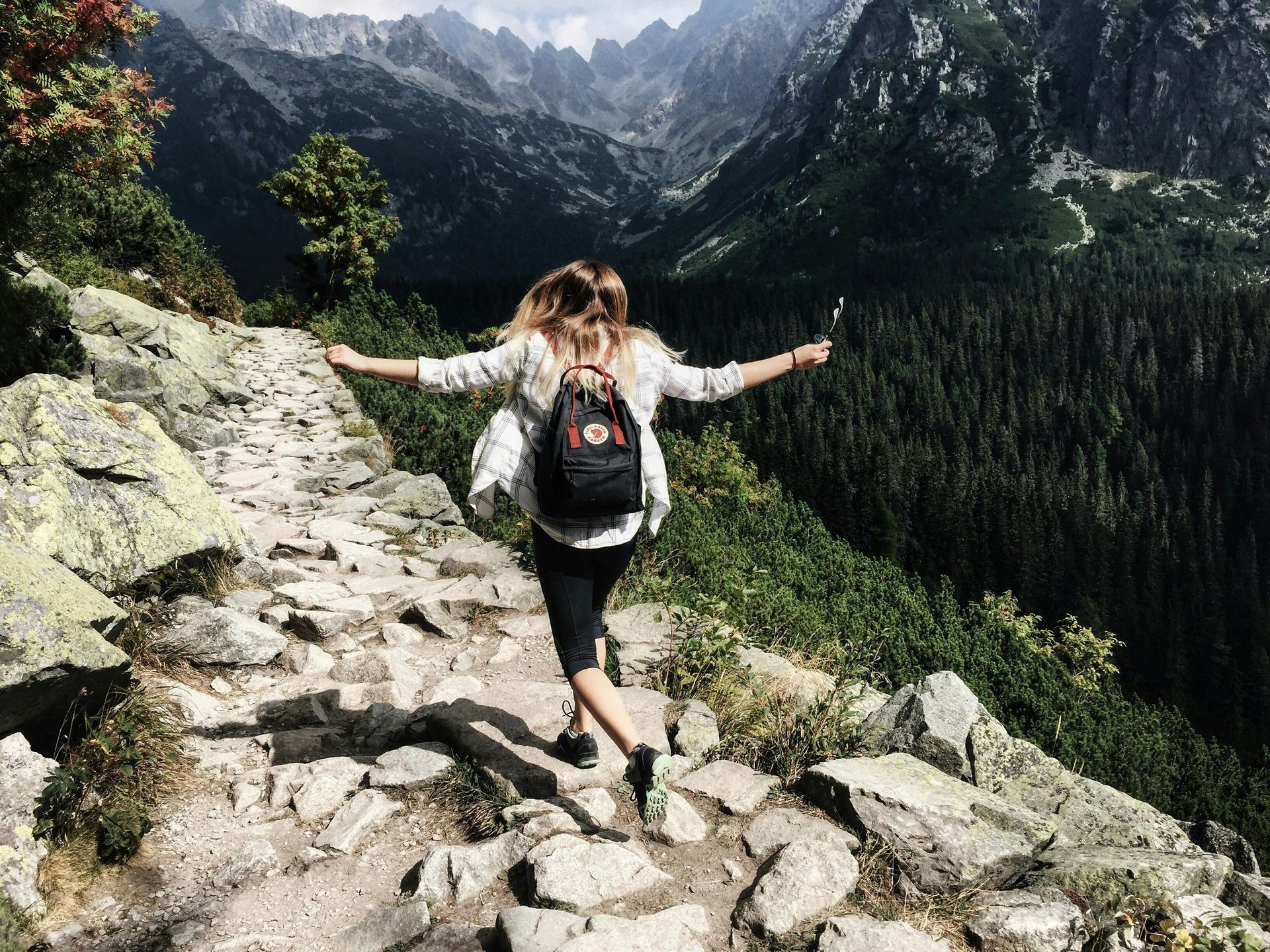
Know Before You Hike
Every trail is different. Before packing, check the weather, terrain, and distance. A shaded canyon hike demands different gear than a sunny desert trail or alpine climb.
Always let someone know your route and expected return time, even for short hikes. Preparation doesn’t take long, but it’s the foundation for safe and confident exploration.
Core Hiking Gear
These are your non-negotiables and the items that keep you safe, hydrated, and comfortable on the trail.
- Backpack: Choose a lightweight, breathable pack that fits snugly and evenly distributes weight.
- Water supply: Bring at least 2 liters for moderate hikes (more in hot conditions).
- Snacks: Energy bars, trail mix, and fruit for quick fuel.
- Map and compass or GPS: Don’t rely solely on your phone; service can drop unexpectedly.
- Sunscreen and lip balm with SPF: Protection is essential, even on cloudy days.
Every item here keeps your focus on the trail instead of discomfort or dehydration. Think of these as your hiking “starter kit” or the foundation of every trip.
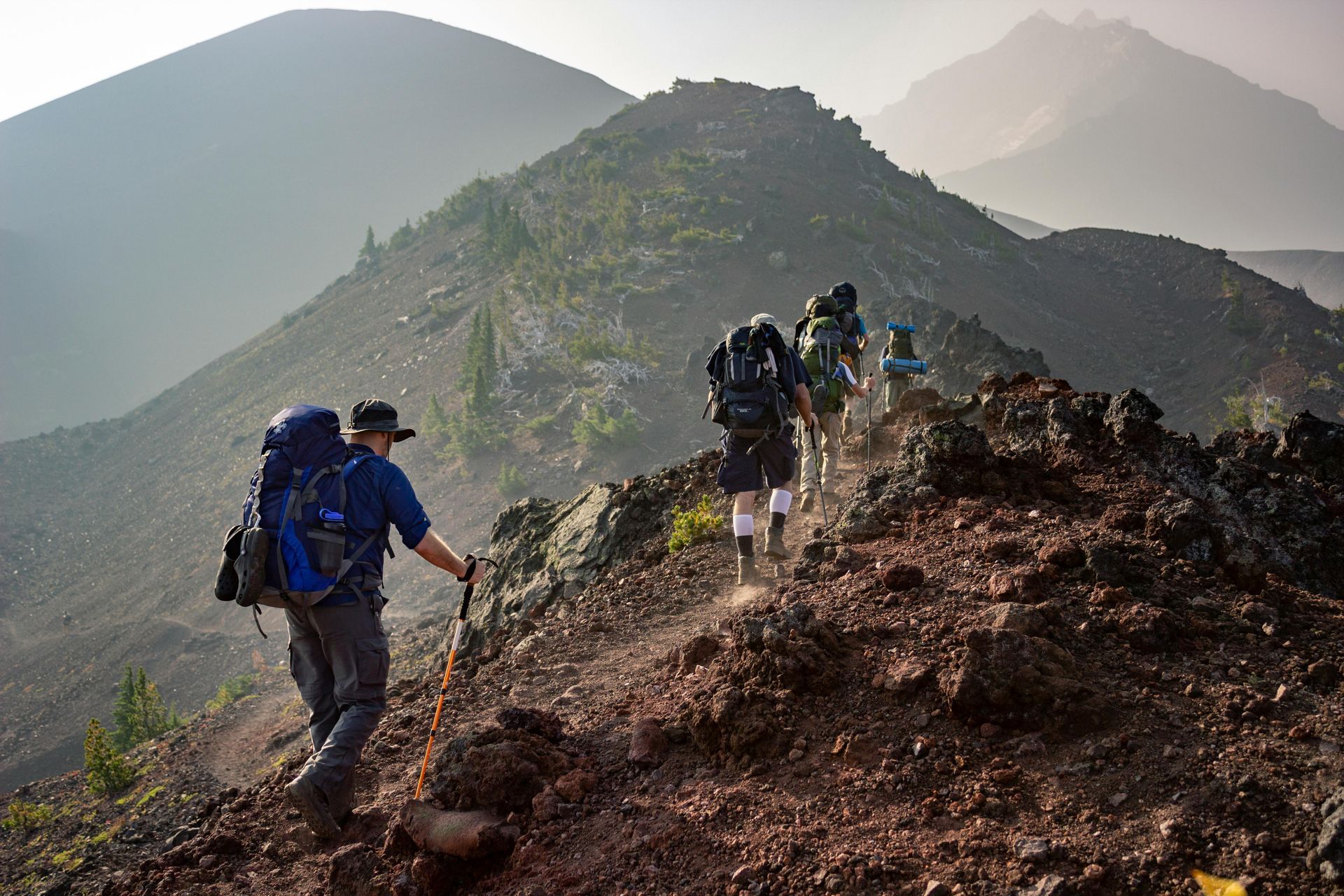
Clothing for the Trail
Hiking comfort depends on wearing the right layers. Choose moisture-wicking fabrics that keep you dry and regulate temperature as you move.
- Breathable hiking shirt or athletic top
- Quick-dry shorts or pants
- Lightweight fleece or pullover
- Hat for sun protection
- Wool or synthetic socks (avoid cotton)
- Sturdy hiking boots or trail shoes
Dress for flexibility — start cool, layer up if it gets windy, and avoid heavy or restrictive fabrics. Your clothing should help you adapt as conditions change throughout the day.
Navigation and Safety on the Trail
Even well-marked trails can be confusing. A little preparation ensures you can find your way back, even if things don’t go as planned.
- Trail map or offline GPS app
- Compass or personal locator beacon
- Flashlight or headlamp with extra batteries
- Small whistle and emergency blanket
- First-aid kit
These items don’t take up much space but can be lifesavers in unfamiliar terrain. Always carry navigation tools — even on short hikes — since battery life and daylight can’t always be trusted.
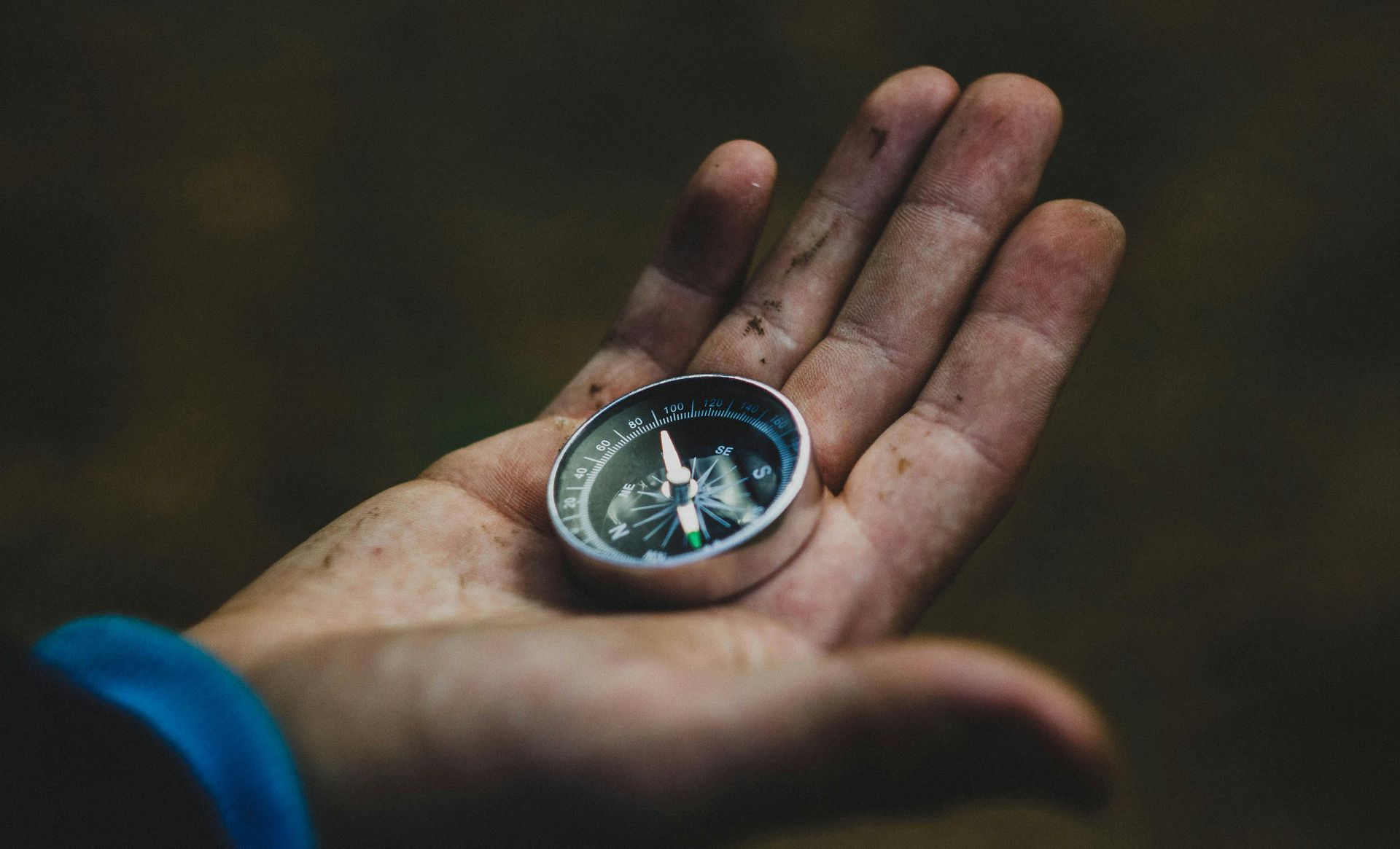
Food and Hydration
Staying fueled and hydrated makes hiking safer and more enjoyable. Even on easy trails, your body burns more energy than you expect.
- At least 2 liters of water or hydration pack
- Electrolyte packets or sports drinks
- Snacks: trail mix, protein bars, jerky, or fruit
- Lightweight lunch if you’ll be out all day
Hydration is the single most important part of your trip. Sip water regularly rather than waiting until you feel thirsty, and keep snacks within reach to maintain your energy levels.
Weather Protection
Even the most reliable forecast can change once you’re on the trail. Be ready for sun, wind, or rain with a few simple items.
- Lightweight rain jacket or poncho
- Sunglasses
- Buff or bandana for dust or sweat
- Compact towel or wipe pack
- Small pack cover or dry bag
Staying dry and shielded from the elements keeps your spirits high — and helps prevent blisters or chills that can cut a hike short.
Personal Items & Comfort Gear
The small things you bring often make the biggest difference. Think of this section as your “trail comfort kit.”
- Sunscreen and insect repellent
- Wet wipes and tissues
- Lip balm and small mirror
- Lightweight sit pad or compact blanket
- Camera or smartphone for photos
These personal items help you feel refreshed and relaxed during breaks. A little comfort goes a long way toward making your hike feel like a reward, not a workout.
Optional but Useful Extras
Depending on the hike, a few bonus items might come in handy. These aren’t required, but they often make great trips even better.
- Trekking poles for stability
- Lightweight binoculars for birdwatching
- Cooling towel or neck gaiter
- Notebook for journaling
- Small trash bag for “Leave No Trace” cleanup
Every hiker has their favorite extras, but remember to balance comfort with weight. Choose the items that fit your style and purpose.
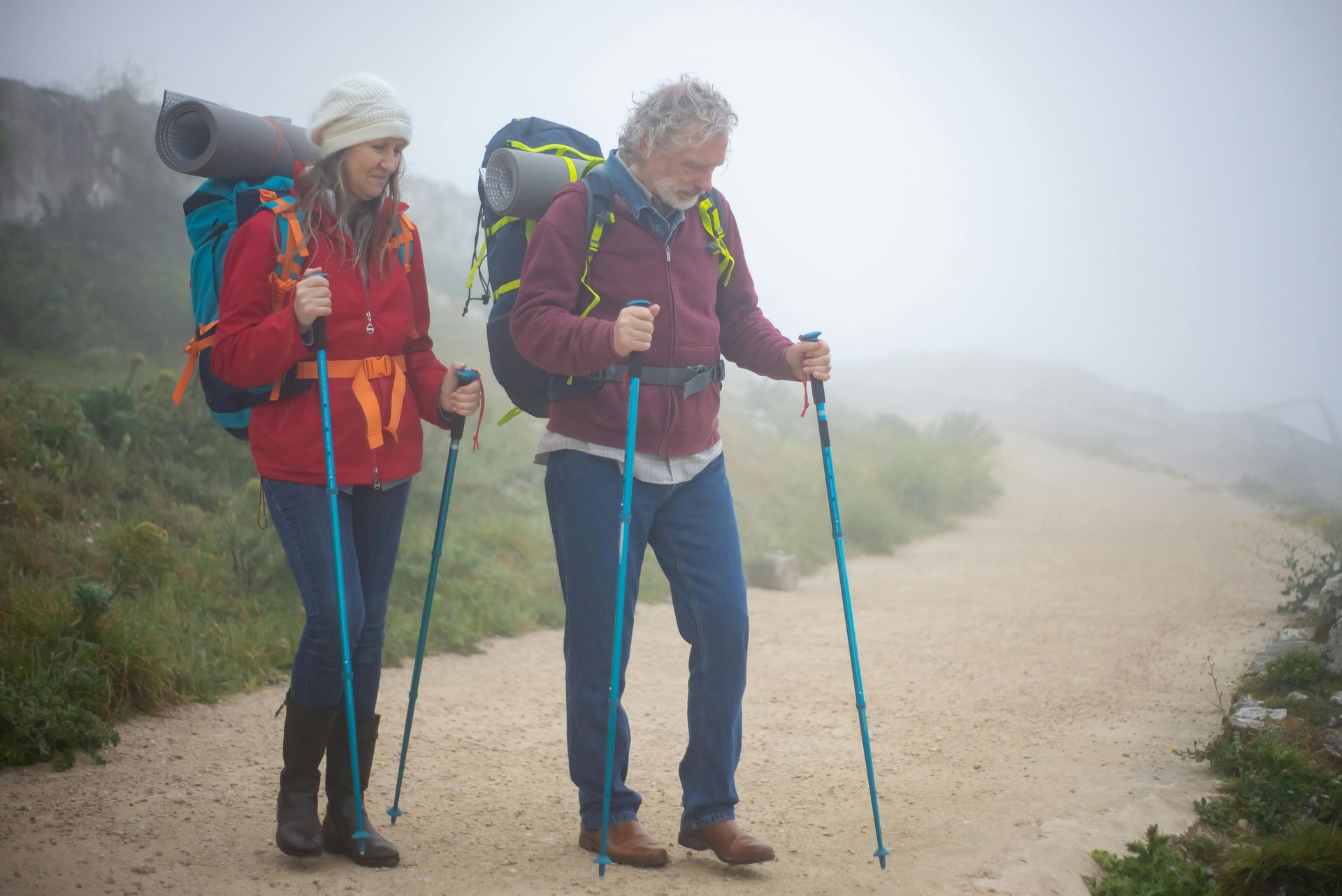
What Not to Bring
When packing for a day hike, it’s tempting to overprepare. But too much gear can weigh you down and make your trip less enjoyable.
- Heavy jackets or jeans
- Unnecessary electronics
- Glass containers
- Extra clothing you won’t use
Keep it light, simple, and practical. Every ounce saved makes your hike more enjoyable and lets you focus on the scenery instead of your pack.
Take a Hike!
The beauty of hiking lies in its simplicity — all you really need are the basics and a sense of adventure. With this hiking trip packing list, you’ll be equipped for comfort, safety, and exploration from start to summit.
Whether you’re trekking through redwoods, scaling desert trails, or following a mountain stream, these essentials help you stay prepared and present in every step.
Planning a longer outdoor getaway? Check out our
Camping Packing List and
Fishing Trip Packing List for your next wilderness adventure.


